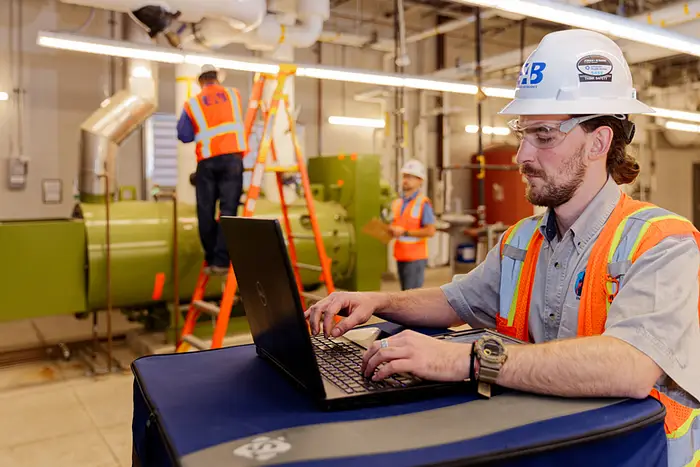USP Mechanical Testing of Sutures Knot Security
The USP Mechanical Testing of Sutures Knot Security is a critical quality control step in the medical device manufacturing process. This test ensures that sutures, which are essential for wound closure and healing, maintain their integrity and reliability under mechanical stress. Proper knot security is crucial to prevent failure during use, which can lead to complications such as re-opening wounds or inadequate healing.
The USP specifies a method for determining the knot security of sutures by subjecting them to various mechanical tests. These tests are designed to evaluate how securely the knots hold under tension and shear forces. The test is particularly important in ensuring that the sutures meet regulatory standards, which are critical for patient safety.
The testing procedure involves several steps:
- Specimen preparation: Sutures must be cut into appropriate lengths (typically 50 mm) with the knot tied at one end and a loop of about 10 mm in length formed. The specimen is then placed under tension using a tensile tester.
- Tension testing: The sutures are subjected to a constant load until failure occurs, typically ranging from 6 N to 8 N for surgical sutures depending on the material type and gauge size.
- Shear testing: After the initial tension test, the shear strength of the knot is evaluated by applying a torque perpendicular to the axis of the suture. The torque required to break the knot is measured.
- Data recording and analysis: The load at failure, as well as the torque required for shear testing, are recorded. These values are compared against established standards to determine if the sutures meet the requirements specified in USP .
Understanding these parameters is essential for quality managers and R&D engineers who need to ensure that their products comply with regulatory guidelines. This testing ensures not only compliance but also enhances product reliability, which is critical in medical applications.
The importance of this test cannot be overstated. Knot failure can lead to various complications such as delayed healing or increased risk of infection. Ensuring that the knots are secure under mechanical stress helps mitigate these risks and maintains patient safety standards. This testing process aligns with international standards such as USP , which provides a robust framework for assessing knot security.
The precision and accuracy required in this test are paramount, making it essential to use the correct instrumentation and methodology. Ensuring that the testing is conducted under controlled conditions is crucial for obtaining reliable results. This includes maintaining consistent specimen preparation, applying appropriate loads, and measuring torque accurately.
Benefits
Ensures consistent quality and reliability of sutures used in medical procedures.
Aids in compliance with international standards, enhancing market access.
Reduces the risk of product failure leading to patient complications or harm.
Promotes trust among healthcare providers and patients by ensuring product safety.
Saves costs associated with potential recalls due to non-compliance issues.
Industry Applications
The USP Mechanical Testing of Sutures Knot Security is widely used in the medical device industry, particularly for sutures and other devices where mechanical integrity is paramount. This testing ensures that products meet stringent quality control standards, which are essential for patient safety.
This test is crucial not only for sutures but also for other medical devices such as staples, needles, and wound closure systems. The results of this testing help manufacturers ensure that their products meet regulatory requirements, thereby enhancing trust in the market.
Eurolab Advantages
EuroLab offers comprehensive services to support your compliance needs with USP . Our experienced team ensures that each test is conducted under controlled conditions using state-of-the-art equipment. We provide detailed reports and certificates of analysis, ensuring that you have the necessary documentation for regulatory submissions.
Our facilities are ISO 17025 accredited, guaranteeing that our testing meets the highest standards of accuracy and reliability. We offer a range of services tailored to meet your specific requirements, from routine quality checks to complex validation studies. Our commitment to excellence ensures that you can rely on us for accurate and compliant results.





